Premium Only Content
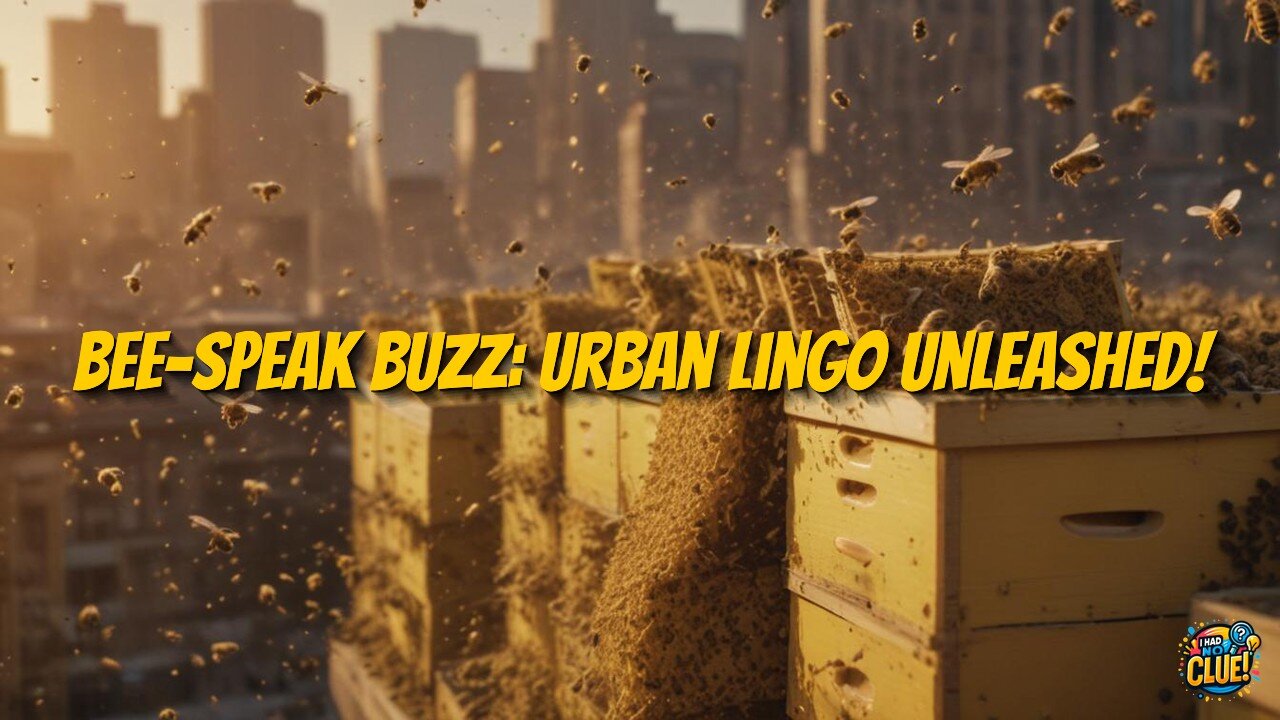
Urban Beekeeping's Unique Sociolects and Ecological Insights
Research by sociolinguist Dr. Eliza Morgenstern has documented the emergence of "apicultural sociolects" - specialized language variants developed by urban beekeepers across major global cities between 2019 and 2022. These linguistic innovations transcend technical jargon, representing new conceptual frameworks that bridge urban identity with ecological awareness. The research identified over 300 neologisms across 12 cities, with distinct regional variations reflecting local architecture, culture, and environmental conditions. These sociolects include spatial-temporal mapping terms (like Tokyo's "kanjo-michi" describing bee navigation around high-rises), cross-pollinated terminology borrowing from urban concepts (such as New York's "bee subways"), and specialized sensory descriptors for urban honey characteristics. Unlike traditional terminology developed in academic or commercial contexts, these language innovations emerge organically through community practice and digital knowledge sharing, accelerated by online platforms that enable global cross-pollination of ideas. Cognitive linguists suggest these language patterns represent a post-dualistic worldview where cities and ecological systems are understood as integrated wholes rather than separate domains.
-
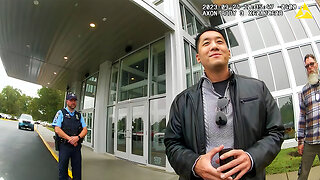 38:32
38:32
Code Blue Cam
1 day agoHow Police Stopped a Potential Church Massacre...
35.1K12 -
 24:26
24:26
Actual Justice Warrior
1 day agoWelfare Queens RAGE OUT Over Food Stamp Cuts
11.6K36 -
 3:05:11
3:05:11
Inverted World Live
10 hours agoThe Halloween Special with Drea De Matteo and Sam Tripoli | Ep. 133
358K16 -
 2:57:52
2:57:52
Laura Loomer
13 hours agoEP154: Naturalized US Navy Medic From GAZA Exposed For Ties To Hamas
45.9K29 -
 35:45
35:45
Stephen Gardner
16 hours ago🔴BREAKING: Election Auditor EXPOSES Democrat Election Fraud Evidence!
49.8K73 -
 15:48
15:48
Sponsored By Jesus Podcast
20 hours agoHow to Stop Being JEALOUS | When Comparison Steals Your Joy
20.5K13 -
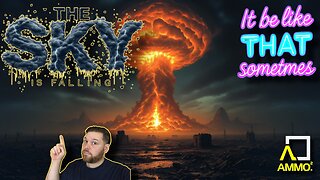 3:56:59
3:56:59
DLDAfterDark
10 hours ago $18.56 earnedDon't Worry - Things Will Get SO Much Worse! Sometimes It Be Like That
37.3K9 -
 25:41
25:41
Robbi On The Record
16 hours ago $4.73 earnedThe Billion-Dollar Lie Behind OnlyFans “Empowerment” (Her Testimony Will Shock You) | part II
25K17 -
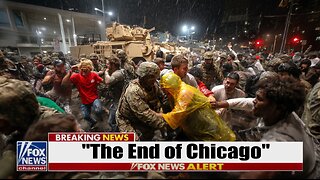 12:22
12:22
Cash Jordan
8 hours ago"CHICAGO MOB" Fights Back... "ZERO MERCY" Marines DEFY Judge, SMASH ILLEGALS
44.3K58 -
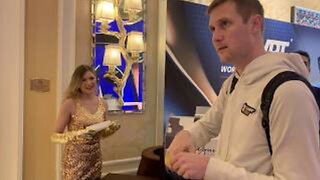 46:58
46:58
Brad Owen Poker
20 hours agoI Make QUAD ACES!!! BIGGEST Bounty Of My Life! Turning $0 Into $10,000+! Must See! Poker Vlog Ep 323
27.2K7